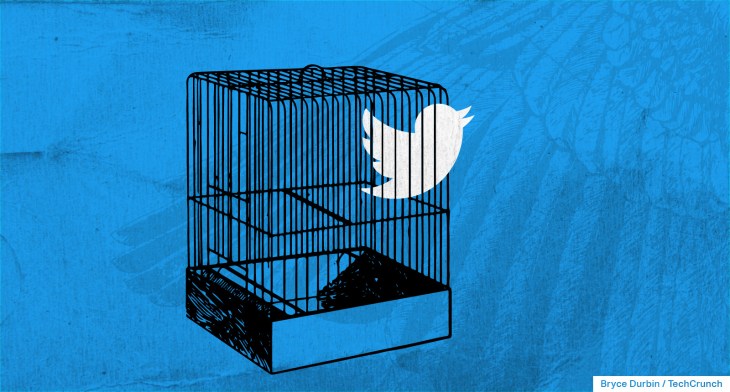A year after Twitter restricted the Russian government accounts on its platform, the social network appears to have removed those blockings. The Elon Musk-owned platform has resumed surfacing accounts of Vladimir Putin and the Russian Embassy in search results.
The change, spotted by The Telegraph, also shows the Russian authorities’ accounts on timelines and recommendations. A former Twitter employee told the publication that this move is likely because of a policy change.
Twitter has changed its policy about a number of things in recent days, including which accounts it deems government and state-affiliated. The earlier version had a section called “Do these labels limit functionality?” where the company described how it limited the reach of some accounts in this category.
“In the case of state-affiliated media entities, Twitter will not recommend or amplify accounts or their Tweets with these labels to people. In limited circumstances where there is a heightened risk for harm, including situations where governments block access to information on the internet in the context of an armed conflict, Twitter will also not recommend or amplify certain government accounts or their Tweets with these labels to people,” the policy read.
Now, the company has entirely removed that section. Additionally, responding to a user over the weekend, Musk said that Twitter will moving forward “neither prompt nor limit their accounts” and the company will “rapidly address any attempts at gaming the system.” Historically, there have been multiple instances of the Kremlin using Twitter accounts to manipulate a narrative.
Last year, after Russia’s invasion of Ukraine, Twitter enforced a policy that curbed the amplification of government accounts from countries that had blocked the free flow of information.
“When a government blocks or limits access to online services within their state, undercutting the public’s voice and ability to freely access information, but continues to use online services for their own communications, a severe information imbalance is created. Particularly in moments of active, armed interstate conflict, the harms created by this imbalance are acute; access to information, and to the ability to share information, are of paramount importance,” the company said in a blog post at the time.
After taking over Twitter, Musk has tried to dismiss the social network’s role as an arbitrator of truth, eliminated multiple staffers from the moderation team and expanded the role of Community Notes — the company’s crowdsourced fact-checking product — to do the heavy lifting.
Over the weekend, the Anonymous Operations account called out Twitter’s lack of action on a Russian official’s tweet encouraging the “disappearance of Ukraine.” In response, Musk said that all news is “some degree of propaganda” and he is of the view that people should be able to decide for themselves, indicating that Twitter won’t interfere in matters that might have violated the social network’s speech policy under the previous management.
Under Musk, Twitter has taken stern media-related decisions. Last week, the company blocked replies, retweets and likes to posts with Substack links after the newsletter platform unveiled a Twitter clone called Notes. Twitter has since lifted most of those restrictions, however it still seems to be limiting searches with Substack links.
Separately, Musk labeled NPR a “US state affiliate media” and then changed it to “Government Funded Media” after outcry. Other publications such as BBC, PBS and Voice of America have also been labeled as “Government Funded Media.” The BBC has raised an objection to this label and said that the organization is funded by “the British public through the license fee.”
Last week, Musk removed the checkmark from The New York Times’ account after the publication refused to pay for Twitter’s paid verification service. The company initially planned to remove legacy verification marks on April 1, but hasn’t moved ahead with it yet.
